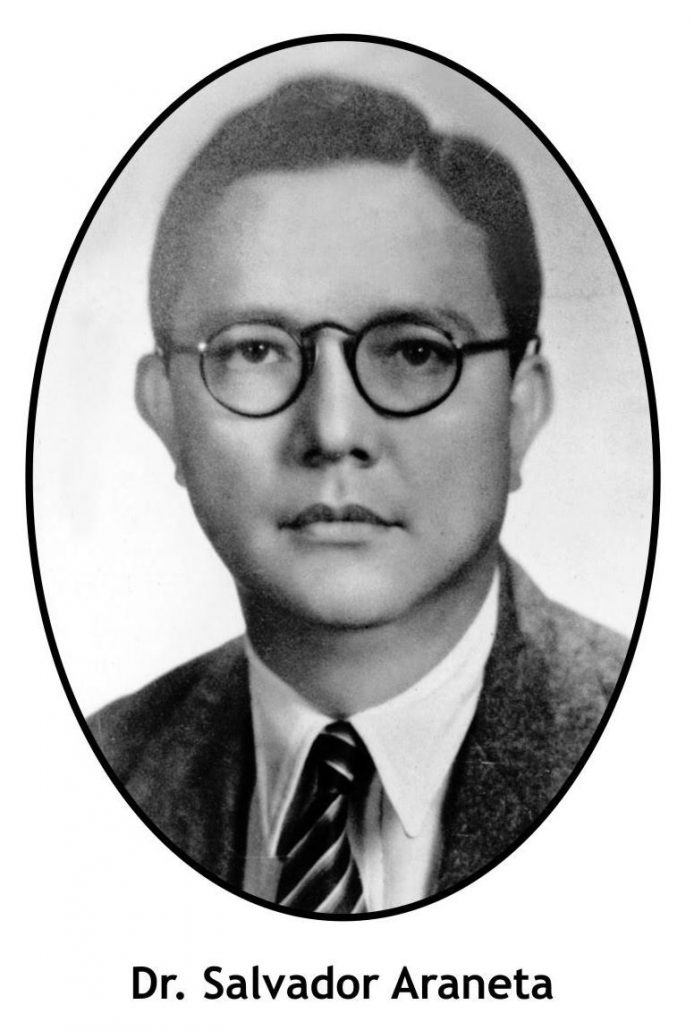 NEW PARAMETERS ABOUT GOV’T SERVICE
NEW PARAMETERS ABOUT GOV’T SERVICE
Tenure of Office: All administrations in all levels of government shall be for six years. No person, who has served in any capacity, in any level of government, during one administration, is allowed to serve in a non-career office of the following administration.
Prohibition: No person shall hold public office to enrich himself outside his official compensation. Neither can he hold two or more public offices. This prohibition and disqualification shall extend to the spouse, thereof. All persons serving in any capacity in the government shall give their full time to the service of the government and shall not engage in business or in the practice of their previous professions. However, they must be adequately compensated.
Penalty: Apublic official found guilty of graft and corruption shall pay a fine double the amount of the subject of his offense, serve a prison term to be defined by law, and suffer total and perpetual disqualification as a voter and as a government employee or official, or civil service eligible.
Transparency: Before they take their oath of office, public officials, shall sign an irrevocable power of attorney in favor of the government so that the latter may confiscate any illegal funds.
Salaries: The members of Parliament and the State Assemblies shall receive a salary that is equivalent to 12 times the minimum wage. However, the appointed Ministers of the Executive Powers shall receive 14 times the minimum wage.
Vacancy: There shall be no special election to fill a vacancy in Parliament and in the State Assembly unless otherwise provided by law.
THE JUDICIARY
While Parliament can reorganize the Judiciary, it can only do so if it does not violate the principle of the independence of the Judiciary. This is because the three branches of government, the Executive, the Legislative and the Judiciary, are separate, independent and co-equal in rank.
Parliament, by law, shall provide the ways and means for the expeditious disposition of the cases in the Judiciary.
The Parliament shall create a Judiciary composed of the Supreme Court and the Constitutional Tribunal. The Supreme Court, as the highest court in the land, shall settle cases involving private law, while the Constitutional Tribunal shall be the highest Court to settle questions on public law.
This Supreme Court is empowered to create another Supreme Court that will be temporary in nature, to handle all new cases involving private law. In time, the new Supreme Court will merge with the old Supreme Court. The old Supreme Court shall be left to handle all old pending cases involving private law, to relieve the backlog in the courts
The Supreme Court, with the approval en banc of all the Justices, shall be given the power to appoint all the judges in the lower courts, a power now vested in the President.
The Supreme Court shall have the same current number of members. The Constitutional Tribunal shall be composed of 31 members who will handle cases involving public law.
The second Supreme Court shall have nine members which shall take jurisdiction over all new cases appealed to the Supreme Court. In time, as the pending cases are gradually decided, the new Supreme Court may gradually merge with the old Supreme Court, irrespective of the number of members of the consolidated Supreme Court, which may be grouped into divisions as decided by the combined Supreme Court.
Meanwhile, the Constitutional Tribunal will handle the following:
* the impeachment of any Federal official and the supervision over the Tribune of the People
* declaring acts of the legislative or the Executive powers as unconstitutional
* taxation cases, public utility cases
* conflicts between different government bodies, whether in the Federal or State Government
* the jurisdiction over the three Constitutional Commissions, namely, the Commission on elections, the Civil Service Commission, and the Commission on Audits. These powers are transferred from the President to the Constitutional Tribunal
* recommending to Parliament the creation of specialized courts to handle public law
When a constitutional issue is raised involving private law, it shall be raised by The Judiciary to the Constitutional Tribunal.
Article 42 of this Constitution ensures the independence of the Judiciary by providing the Chief Justice of the Supreme Court, with the approval of the entire Court, the power to appoint all the judges of the lower courts, a power now vested in the President. (To be continued/PN)

